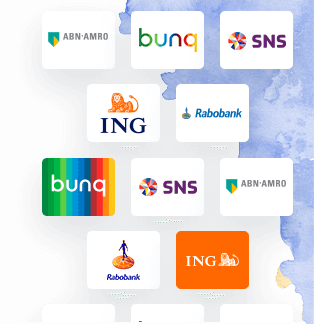
Many companies offer more than the minimum number of days, with 24 - 32 days of annual paid leave being fairly common. The exact amount will be stated in your work contract and is usually based on union agreements, incentives to attract employees or compensation schemes where longer working hours are offset by additional leave.
Most employers allow unused holidays to be carried through to the next year, but make sure to check whether this counts for you as well. Some employers also offer the possibility to “buy” extra days off via salary sacrifice. Finally, you’ll be pleased to hear that your holiday leave continues to accumulate during (temporary) sick and maternity leaves and that your holiday leave is separate from Dutch national and public holidays, which will be paid out if they fall on a weekday.
Maximum holiday period
The maximum amount of holiday leave that you can take at one time varies from employer to employer and is generally determined by union agreements and the company’s policies and operations.
The majority of employers allow for a maximum consecutive holiday period of 2-3 weeks. If you want to take holiday leave for more than 3 weeks, you probably will need special permission from your employer, although this is usually not a problem if requested well in advance. As a newlywed, you might get double lucky, because some companies offer a one-off opportunity to increase your consecutive holiday leave to 4 weeks in order to enjoy an extended honeymoon.
Accumulated holidays when leaving your job
If you leave your job (e.g. because you found a new or want to take a sabbatical) and you have accumulated holiday leave, it is wise to take that time off before the end of your contract. However, do make sure to discuss this arrangement with your employer first. It’s also possible to have your accumulated holidays paid out when you leave your job. However, employers are only required to pay out holiday leave above the legal minimum 20-day amount, so it is likely that you won’t receive full compensation for the amount of paid holidays that you have left.
Sick leave in the Netherlands
If you are working in the Netherlands and you fall ill on a working day, you must report this to your employer in order to claim your sick leave. Most companies have a formal reporting process for when you are sick, which comes down to calling, messaging or emailing your manager and/or someone from the HR (P&O) department. Even if you get sick during your holiday there is an upside to this, because if you directly inform your employer about this, it is possible to have those days counted as (paid) sick leave instead of holiday leave.






















